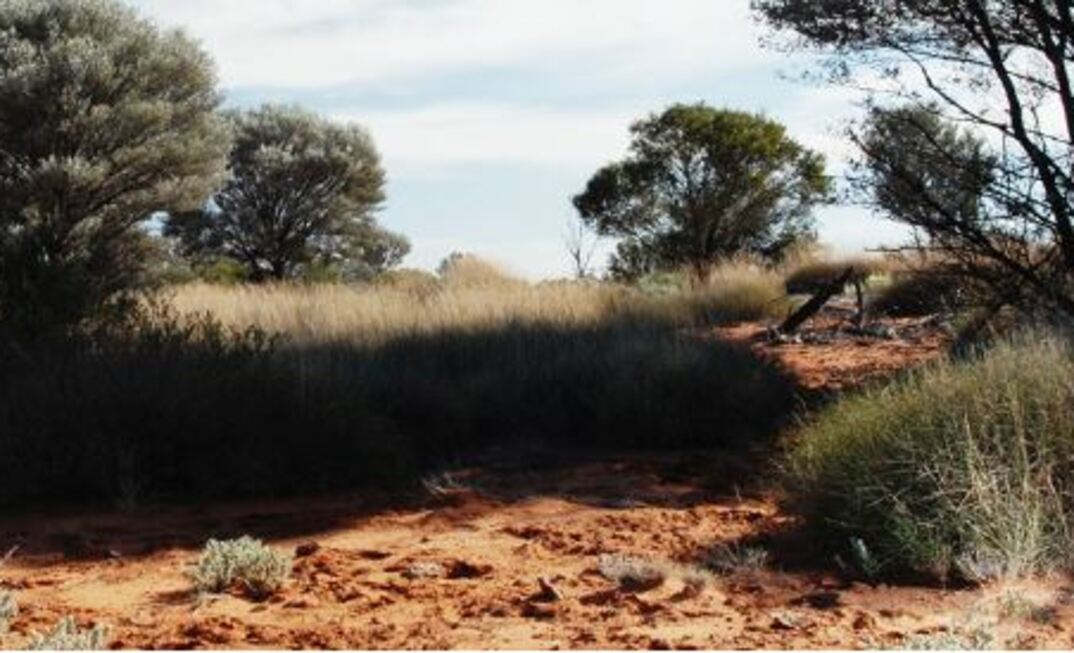An extension study on the proposal is well-advanced.
The study follows completion of a scoping study at Lake Maitland.
Financial metrics of that scoping study included net present value of $610 million, at an internal rate of return of 41% for payback in 2.5 years. Earnings before income, taxes, depreciation and amortisation is $1.7 billion with modest capital expenditure of $211.45 million.
The scoping study found annual average production is expected to be 1.3 million pounds of uranium and 700,000 pounds of vanadium.
Toro proposes a vanilla open cut operation using truck and shovel, with higher grade central parts of the deposit to be mined first so the average grade of the potential ore decreases over time.
A potassium uranium vanadate will be stripped from the uranium processing flow stream and added to the uranium during leaching to produce a low-value sodium metavanadate by-product.
The proposed processing plant will include a beneficiation circuit with conventional coarse screens and desliming, pre and post-leach pressure filtration.
Toro executive chairman Richard Homsany said the uranium resources at Lake Way and Centipede-Millipede were strategically located and considerable and needed to be thoroughly evaluated for viability.
"One of our key aims is to strengthen the production schedule at Lake Maitland and to assess the potential to extend the potential processing of high-grade uranium resource well beyond the seventh year of production, as is presently the case for a Lake Maitland-only operation," he said.
"With global uranium markets continuing to strengthen and fundamentals remaining strong, Toro's current and planned development activities at Wiluna will significantly build upon the excellent Lake Maitland scoping study outcomes."
Homsany said Toro was committed to developing the Wiluna uranium project to maximise its value when both government policy and uranium markets aligned.

























